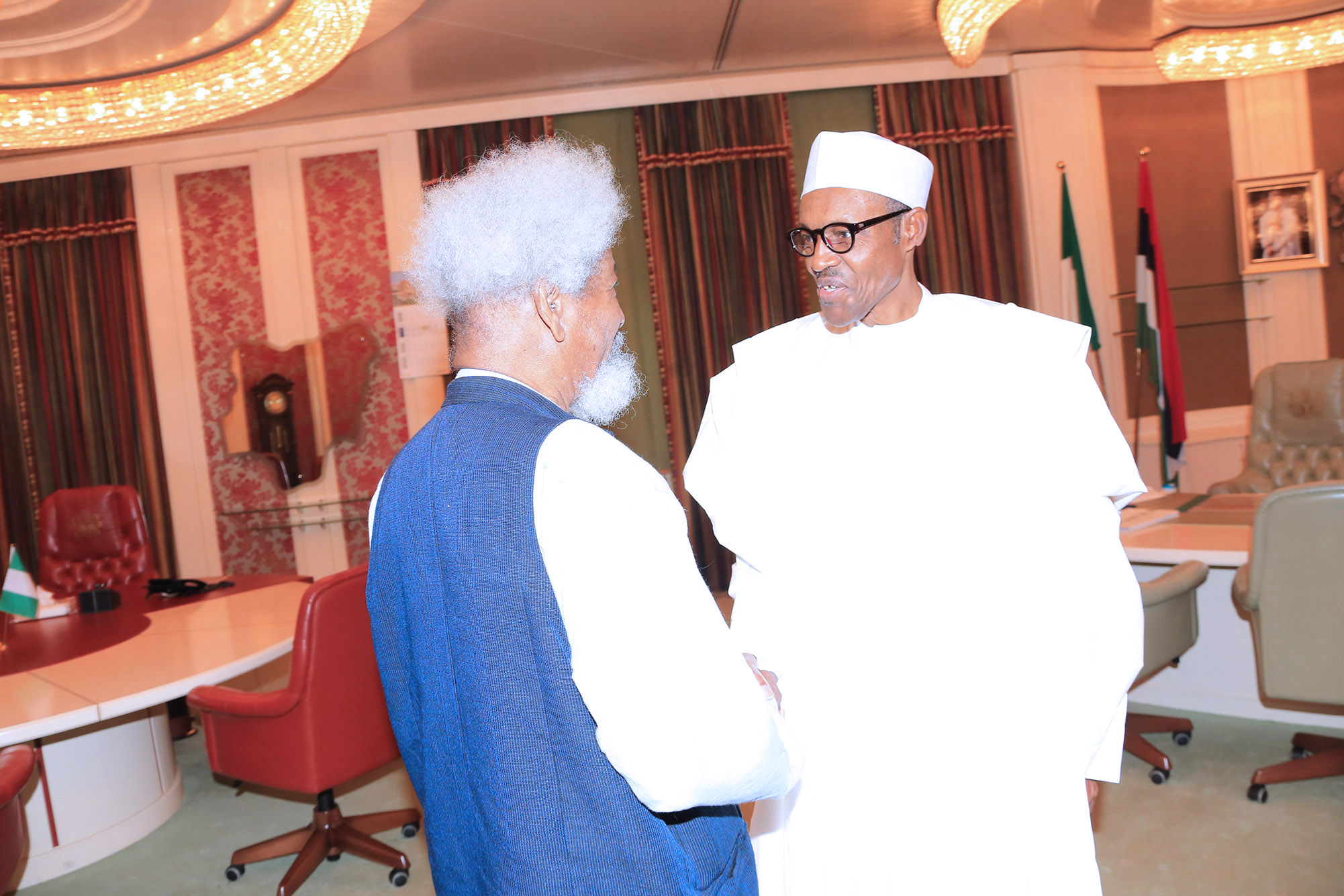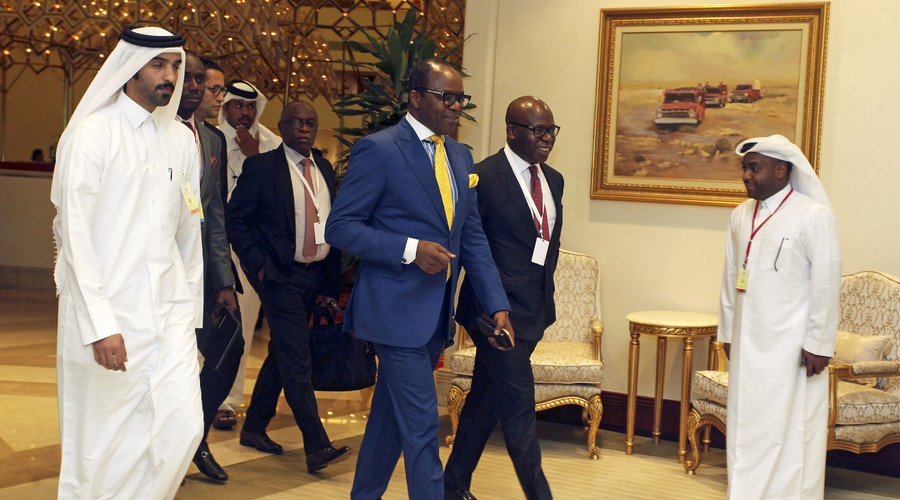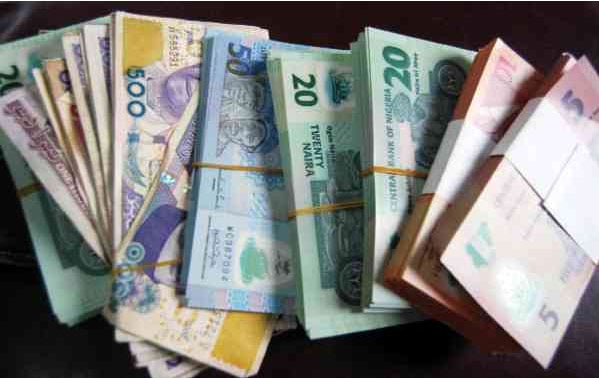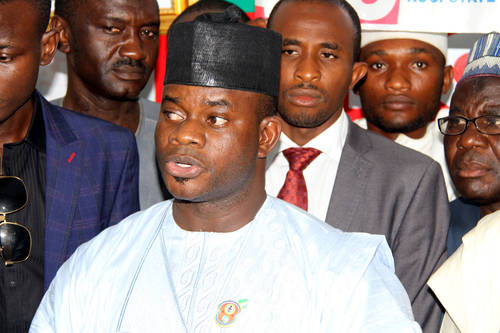Vice President Yemi Osinbanjo says the federal government has saved N1.4 trillion for not paying oil subsidy.
Speaking in Kano on Thursday during the third day of the 15th Joint Planning Board and National Council on development meeting, Osinbajo urged Nigerians not to lose faith in Buhari’s administration, saying the president would fix the economy.
“With the deregulation of the downstream petroleum sector, there has been a significant increase in the availability of petrol throughout the country for the savings of N1.4 trillion on subsidy payments alone,” Osinbajo said.
“Also, a more flexible exchange rate regime, we will have to decrease the pressure on the external reserve. In the short run, of course, there should be consequences for inflation.
Advertisement
“We expect that with greater priority we have seen in the implementation of the policy by the CBN, the foreign exchange market will stabilize and confidence will be restored.”
He spoke on what the Buhari-led administration has been doing on strengthening Nigeria’s economic planning.
“Let me speak briefly about some of the things that the Buhari administration is doing with regard to strengthening short and medium term planning.
Advertisement
“We have strengthened the link between budgeting and strategic planning by merging the National Planning Commission with the Budget office of the federation.
“We have adopted zero base budgeting, which compels the interrogation of public expenditure at micro levels and allows effective deployment of limited financial resources to areas and sectors with the greatest need.
“We have used the short-term strategic implementation plan to guide the 2016 budget; and just yesterday (Wednesday), the Federal Executive Council approved the medium plan expenditure framework and the fiscal strategy paper, which are fully consistent with the SDGs and the African unions agenda 2063.
“These are the priorities of the Federal Government in the areas of tackling insecurity, combating corruption and growing the economy which would undoubtedly find expression in any medium term plan.
Advertisement
“The same is true for the policy interventions in the strategic implementation plan, notably, with regard to the policy, security and governance, diversification of the economy, power, rail and roads, oil and gas performance, ease of doing business, and social investment.
“The commitment of the Buhari administration to promote broader micro economics and structural reform; and this is made in our push to mitigate supply-side constraint.”
1 comments







No good economic policy, APC, POPULACE ARE DYING OF HUNGER. CHANGE YOUR POLICY .OPEN BODER FOR COMMON MAN TO SEE FOOD SHOP.